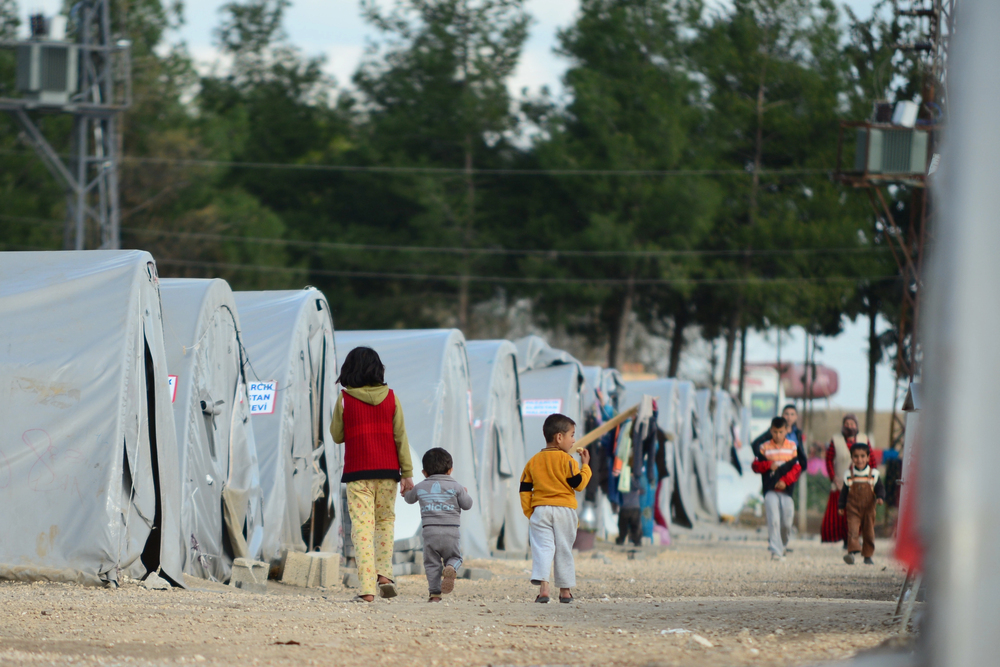
“Following the instructions of the political leadership and in accordance with a situation assessment made this evening, the IDF began a sequence of steps aimed at upgrading the humanitarian effort in the Gaza Strip,” the Israel Defense Forces reported, paving the way for a step that’s stirring diplomatic communities and humanitarian communities alike. For the first time since March, Israel is declaring humanitarian pauses and safe corridors in Gaza, a move taken under pressure from increasing international pressure and escalating humanitarian crisis.
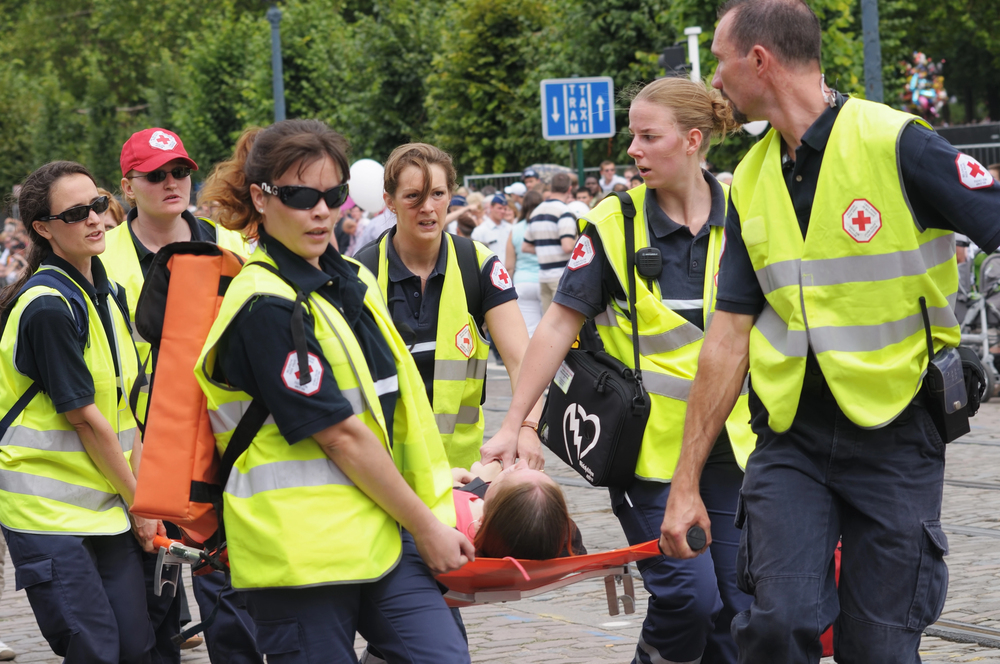
1. The Anatomy of a Humanitarian Pause
Humanitarian pauses are not a ceasefire by another name. According to how the International Committee of the Red Cross defines it, a humanitarian pause is “a temporary suspension of hostilities for purely humanitarian purposes that is agreed between the parties to the conflict.” Such interruptions in fighting are often short and on a small, local scale, but their impact can be enormous, especially if they allow convoys of relief to flow into endangered civilians or make feasible the removal of the injured. In Gaza, the IDF indicates that breaks will enable safe passage by UN and other bodies to population areas in the north and south, with repetition anticipated as needed.
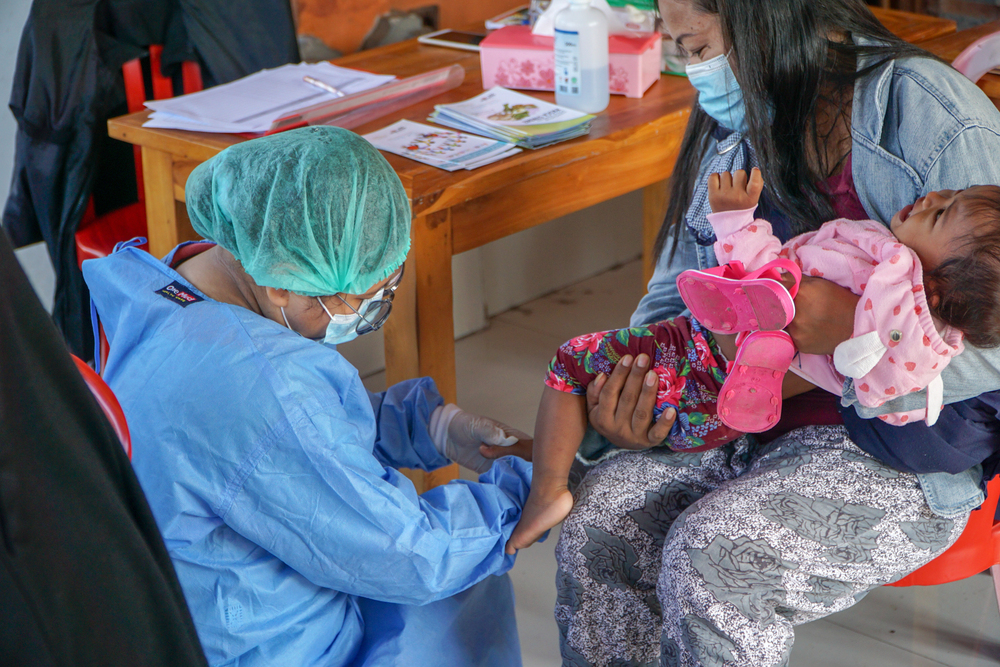
But they are successful only if they are respected by all. As a humanitarian law expert comments, “Humanitarian arrangements only provide safety if they are respected by all parties that are active in the area: those conducting military operations and those present on the ground.” The pauses are not a replacement for broader ceasefires, but they may be a lifeline for victims caught in the crossfire.
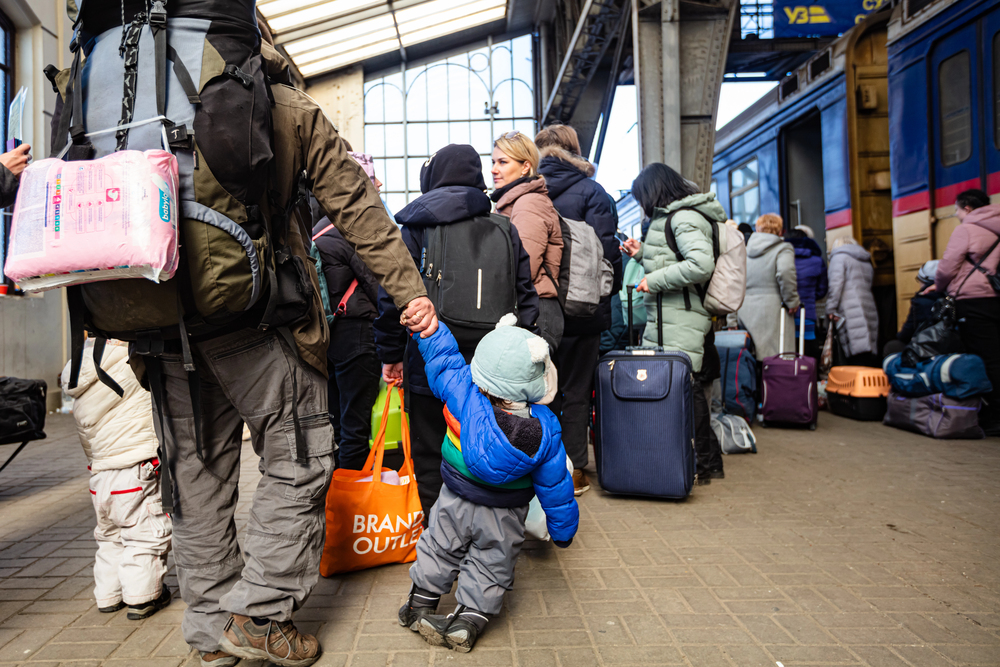
2. Safe Corridors: Lifelines or Limited Solutions?
The IDF announcement of “humanitarian corridors” is more than just open roads. The corridors are closely negotiated deals, meant to let aid trucks and medical teams through without the potential of attack. They’re also fraught with danger. As the ICRC points out, “Notwithstanding the agreement of the parties, humanitarian corridors remain hazardous operations.”. They pose critical risks to the affected populations, humanitarian personnel involved, and the warring sides. History is full of examples Aleppo to Mariupol, where safe corridors saved lives, as well as examples where suspicion has led to catastrophe.
Best practices of NGOs are to respect people’s will, respect spontaneous movement, and vigorous coordination with all armed parties. “It is essential that the will of the people is respected; they should be allowed to move towards where they believe they will be safe in any direction and/or side,” the ICRC stresses. Forced evacuations, except for the most compelling circumstances, are prohibited under international humanitarian law.
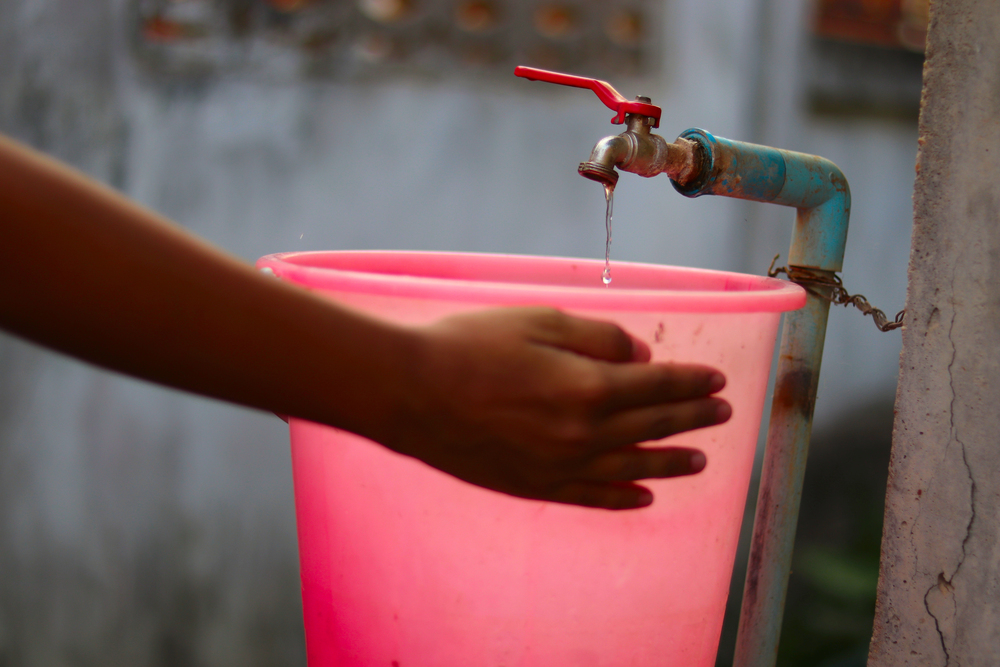
3. The Water Crisis: A Ray of Hope?
One of the most tangible effects of the new limits is the return of electricity to Gaza’s southern desalination plant. Alone, it should boost water production from 2,000 to 20,000 cubic meters per day enough for around 900,000 residents. For a population in which 70 percent are forced to drink salty, contaminated water straight from wells, this is a significant, if partial, relief. Gaza’s water crisis has always been fueled by conflict: inadequate access, broken-down systems, and fuel shortages left Gazans with less than a fifth of the UN emergency level for basic daily water requirements.
The reunion is a step towards reclaiming basic dignity and health, but it’s merely a portion of a much larger image. “Increasing access to water in Gaza is essential to preventing further loss of life and livelihoods and to creating a secure and sustainable future once this current conflict subsides,” writes Natasha Hall, senior fellow with experience in water security.
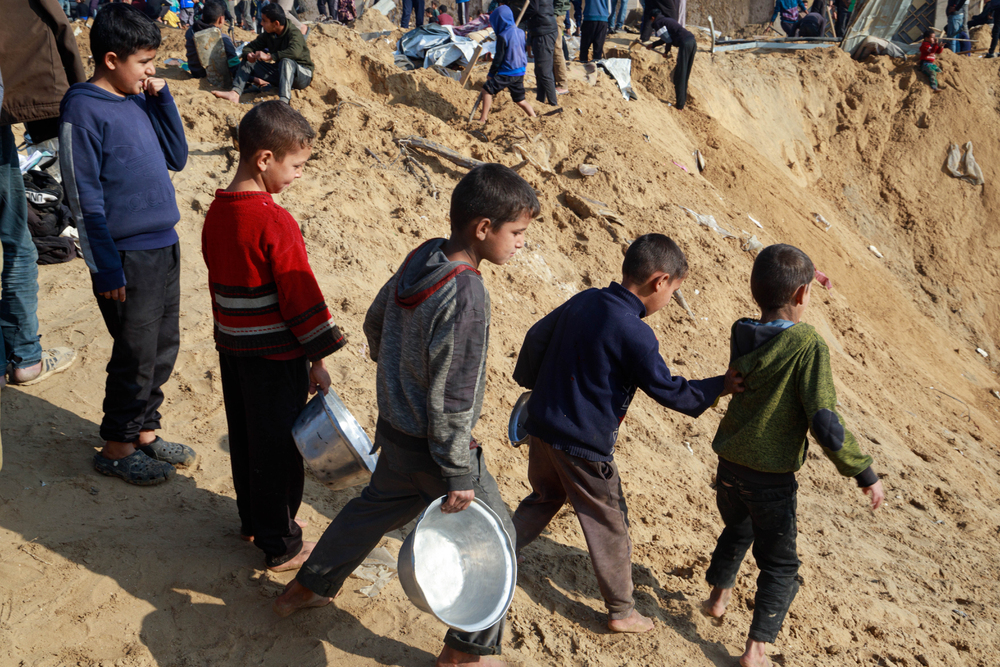
4. Starvation and Competing Narratives
The most dire warning signal of crisis is the rising deaths from hunger. At least 133 people, including 87 minors, have died as a result of malnourishment in the recent past, the Gaza Health Ministry reported. Foreign media and aid organizations widely reported the increasing hunger amid Israeli officials denying the existence of starvation and terming such reports as “a false campaign led by Hamas.” Yet even an official in Israel has admitted, “the humanitarian situation is bad.”
The World Food Programme reported it has three months’ worth of food in the region, but the delay is in distribution: “Gaza needs more than 62,000 tons of monthly food aid,” the agency underscored, and “air delivery of assistance has been denigrated by international organizations as a ‘distraction’ from the obstacles Israel imposed on overland delivery of assistance.” Thousands of truckloads of aid remain stranded at border crossings, each accusing the other of bureaucratic delays and red tape.
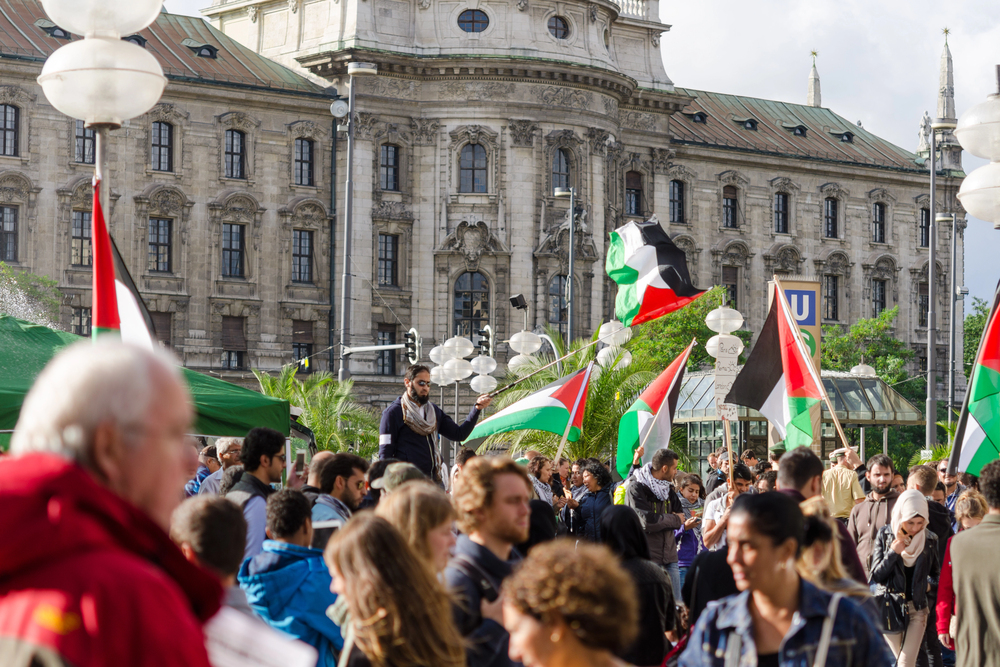
5. International Law: Obligations and Reality
The international cry from the UN to the UK, German, and French leaders has been one: “Israel must fulfill its obligations under international humanitarian law.” Everyone, these laws require, is to safeguard civilians, permit humanitarian aid, and not target objects necessary for survival, such as water structures. As the ICRC has put it, “The issue of protecting human life and dignity under such conditions is not one of a lack of rules for fighting a war but of obedience to them.”
Humanitarian halts and corridors are not legislated, but they are tools to an end in accordance with the law. They function best on the basis of firm compliance, effective monitoring, and above all, political will.

6. Addressing the Mental Health Impacts of Reporting Conflict
For those outside following these developments at a distance, the endless stream of unpleasant news can be exhausting. Experts recommend: “Stay up to date, but do it within your means… If it’s affecting your mood, attempt to take a break from the news.” Interacting with the community, taking care of oneself, and maintaining a sense of agency through constructive action such as volunteering or contributing to credible humanitarian organizations can ease anxiety. As Cheryl Crowe, a behavioral health expert, states, “It’s good to be well-informed, but it shouldn’t be at the cost of our well-being.”
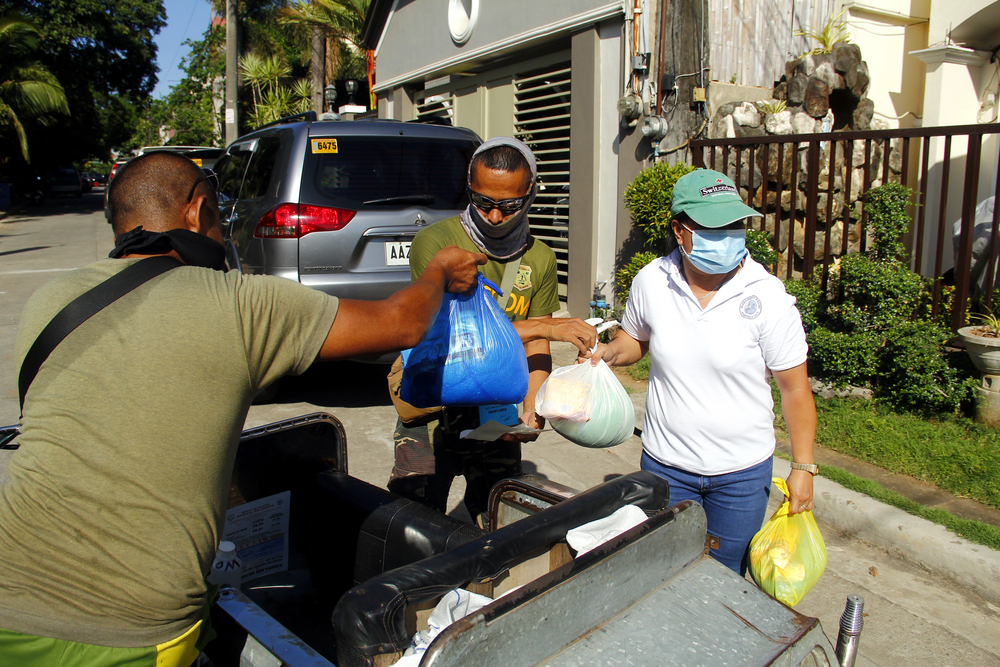
7. The Way Forward: Lessons for Humanitarian Practice
The Gaza crisis underscores the difficulty of delivering aid in areas of ongoing conflict. Humanitarian practitioners are urged to adopt best practices: negotiate transparent terms for suspensions and corridors, guarantee voluntary and safe movement, and coordinate closely with all parties. Peer workshops, mentorship, and training in resilience, such as those offered by the CCHN, are steps that can equip aid workers for coping with the stresses and ethical dilemmas of frontline negotiation. “You will learn how to build your resilience and help colleagues facing personal, ethical, and professional dilemmas,” the CCHN teaches.
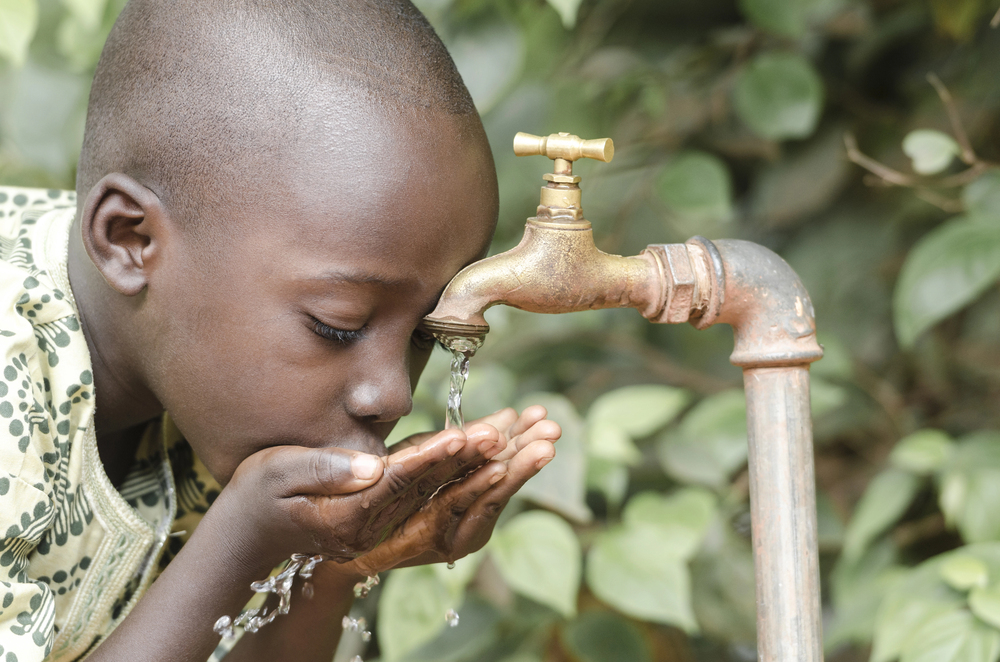
Though the situation is tense and solutions incomplete, with every step, every pause, every corridor, every water line repair, is there a moment of hope for those laboring to maintain humanity in the midst of strife?


